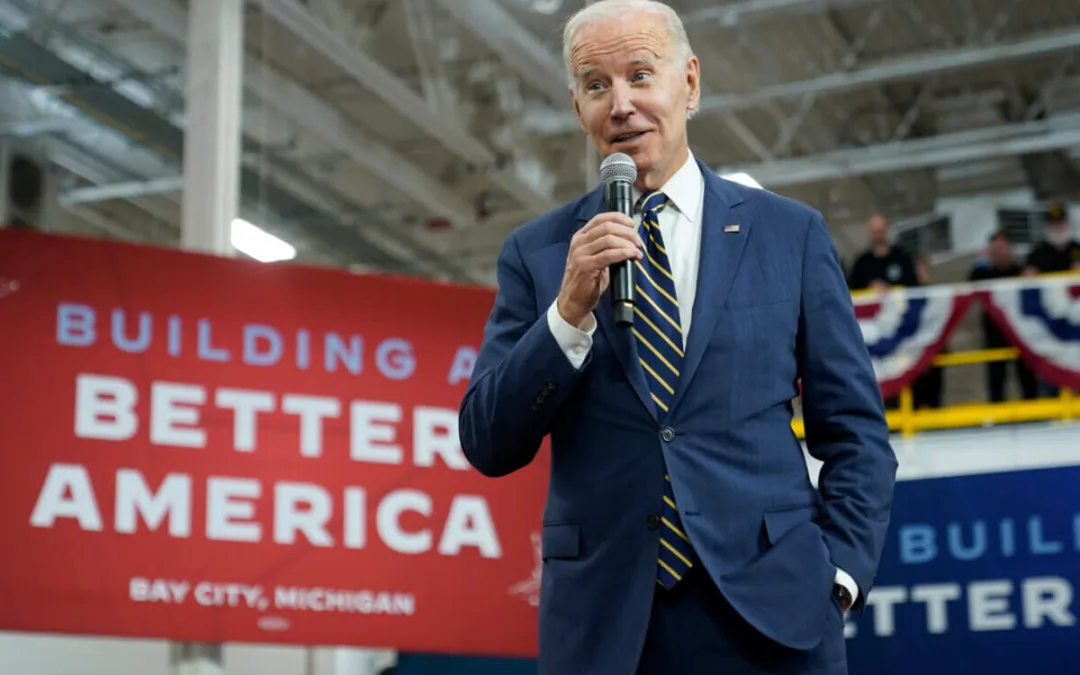
Image by Keyvan Antonio Heydari for The Americano.
After years trapped in the US immigration labyrinth, Juan Correa Villalonga is now assisting Florida Democratic campaigns.
Juan Correa Villalonga has a unique but unenviable distinction.
A native of Valencia, Venezuela, Correa Villalonga is the first Venezuelan to be deported, and then readmitted to the United States. The struggle has opened opportunities for others, through a family crucible that yielded new political activists and positive outcomes.
Young Juan participated in political events in Venezuela, dragged along by his mother, Helene Villalonga, who was a critic of Hugo Chávez. She emigrated, harassed by the government in Venezuela.
Correa Villalonga’s family was active in anti-Chávez politics since 1999, when the Venezuelan populist was trying to rewrite the country’s constitution, and the children grew up in that ambiance.
RELATED: Florida Rep.: ‘If Sen. Rubio Truly Wants To Stand With Venezuelans, Support TPS’
The family was in the crosshairs of the Venezuelan government; Helene was personally denounced by Chávez, and Juan was harassed in school. After Helene’s brother was assassinated, the Correa Villalonga family emigrated to Florida when Juan was 12.
When Juan turned 21, he was unmoored from under his mother’s denied asylum claim, lost his scholarship opportunities, and driving to Canada, was apprehended in upstate New York and thrown into a legal whirlwind that led to him being deported, and then allowed to return to the US.
Now, Juan is a naturalized citizen and a virtual campaign dervish, calling and canvassing for Democratic candidates. In English and Spanish, Correa-Villalonga speaks with voters and media.
After being hired and then released by the Bloomberg presidential campaign bid, Correa Villalonga is now plunged headfirst into an electoral final sprint, assisting the campaigns of Rep. Debbie Mucarsel-Powell (D-Fla.) and local candidates like Daniella Levine Cava, who is running for Miami-Dade County mayor.
“Venezuelans are attacking us for being Democrats,” Correa Villalonga says.
In Florida politics, Democrats are being labeled as “socialists,” to appeal to émigrés from Cuba, Venezuela, and Nicaragua. “They believe the Republican lies. What [is the Trump administration] doing about the Temporary Protected Status (TPS) for Venezuelans? Everything Rubio and Pence say, it’s all blah-blah,” Correa Villalong told The Americano. “Our community is divided, and apathetic to the suffering of others. They’re attacking those for Biden in a vicious manner.”
Correa Villalonga sees other parallels: “I saw how Russians and Russian disinformation tactics moved into Venezuela under Chávez, and I see how they are influencing politics here now.”
A Venezuelan Saga Becomes an American Story
Deficient paralegal services obtained through a Miami church lurched Helene’s case—and by extension her son’s—into procedural quicksand. “To reopen the case is not easy. But you have to show we had ineffective representation,” Helene says.
After the denial of his mother’s asylum claim, seeing that he was no longer eligible to get an academic scholarship, but not knowing his own immigration status was tied to his mother’s denied immigration case, Correa Villalonga made a choice.
Juan decided to drive to Canada. “I could continue my studies that way, accepting a scholarship in Canada and immigration was much easier there,” Correa Villalonga recalls.
RELATED: He’s No Communist, Biden Reassures Miami’s Cuban, Venezuelan Voters
Not knowing about a deportation order in place, he recalls that in upstate New York, he and his car’s Florida plates were spotted by a Department of Homeland Security (DHS) agent, and Juan was detained less than 10 miles from Canada. Correa Villalonga was transferred from one jail to another, and then put on a plane from New York City to Caracas on Aug. 28, 2009.
“My mother’s heart knew something was not right. I was afraid that Juan was going to suffer the fate of my brother,” Helene says. “When Juan was deported, I thought we were going to follow him, and support him, and keep the family together. I suspected the government of Venezuela wanted to pressure me through Juan.”
In Caracas, Juan stayed hidden for about two years, moving between apartments and not communicating with contacts in Valencia, to avoid jeopardy and detection in Venezuela.
RELATED: Cubans and Venezuelans Are ‘Worse Off’ Under Trump, Biden Says
The family presented their case details to then-US Rep. Ileana Ros-Lehtinen (R-Fla.). Then former US Rep. Luis Gutiérrez (D-Ill.) got wind of their saga and lobbied Ros-Lehtinen. Finally, a key piece of the governmental machinery moved in their direction. The Obama White House, says Villalonga, saw a television press conference Ros-Lehtinen was holding about unjust deportations, and the return ticket from Venezuela for Juan was activated.
On Oct. 22, 2011, Juan Correa Villalonga returned from Venezuela—the first to return from deportation. The legal pathway opened by his mother, through her organization AMAVEZ, has allowed three more Venezuelans to return stateside.
Through Helene’s advocacy, DHS released records of 2440 Venezuelans deported by the Obama administration, only 849 with criminal records. But the journey has been bittersweet.
“You see it in Juan’s face. We can’t recover the smile after having spent those two years in fear and danger,” Helene Villalonga says.
In May 2019, Juan became a naturalized American citizen. “More than anything, I felt a sense of relief. Because I was afraid that some problem could come up and send me back,” noted Correa Villalonga.
In 2020, he is exercising his right to vote for a US president for the first time.
“It’s good to work for something you believe in,” he asserts.
Politics

Teamsters and UPS Reach Tentative Deal to Avoid Strike, 340,000 Workers to Get Raises
The tentative deal represents a huge win for full- and part-time UPS Teamster workers, who would get significant pay raises and better working...



One Republican Senator Is Blocking 265 Military Promotions, Leaving the Marines Without a Confirmed Leader
Sen. Tommy Tuberville's decision means these military officers are not getting the pay raises they’re owed, cannot move their families to wherever...
Local News



Teamsters and UPS Reach Tentative Deal to Avoid Strike, 340,000 Workers to Get Raises
The tentative deal represents a huge win for full- and part-time UPS Teamster workers, who would get significant pay raises and better working...



One Republican Senator Is Blocking 265 Military Promotions, Leaving the Marines Without a Confirmed Leader
Sen. Tommy Tuberville's decision means these military officers are not getting the pay raises they’re owed, cannot move their families to wherever...




